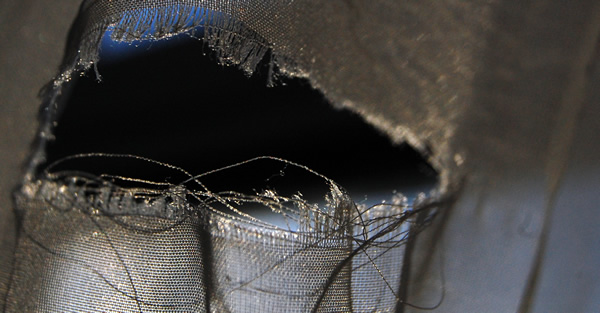Torah Sparks
Genesis 37:1 – 40:23
The saga of Joseph and his brothers begins with this Torah portion. Just as Jacob had thought that he would be able to settle safely in his home, his family is threatened, not from without, but from within. Of his many sons, Jacob openly favors Joseph, giving him a special cloak as a public sign of his love. This exacerbates relationships between the brothers, who are also resentful that Joseph acts in a self-centered way.
Jacob had to run away from an irate brother, Esau, many years before. Esau had threatened to kill him. But Joseph is not so lucky, it seems. In a scene full of physical and emotional drama, not one, but ten brothers gang up on him with the intent to kill him. They first vent their rage against his special cloak, token of their father’s love, by stripping him of it. They are ready to go further, but the intervention of two of the brothers saves his life. First Reuven, the firstborn, buys Joseph some time by persuading the brothers to throw Joseph in a pit for a while. Then Judah saves Joseph by persuading the brothers to sell Joseph to slave-traders, rather than lay a hand on him themselves. Joseph disappears down to Egypt. Reuven, who was not present when Joseph was raised from the pit and sold, returns to secretly retrieve his brother, thinking that he will save him from the other brothers. When he finds an empty pit he is distraught, convinced that Joseph is dead. He rips his clothes in anguish. (Gen. 37:29)
But, if the brothers can sooth their consciences by not directly killing their brother, they must still confront their father, Jacob, and explain Joseph’s failure to return home with them. They take the special robe and dip in in animal blood and send it on to their father. When Jacob sees the bloody cloack he is overcome with grief and he, too rips his clothes in sorrow. (v. 34)
Many readers of this story have noticed the important role that clothing plays in it. Of course, we have the special robe that Jacob gave to Joseph, the robe that became the focus for so much rage and pain. And, in this very full scene of the abduction of Joseph, we are also told of two instances in which someone tears their own clothing. (Moreover, next week we will read that, at another important turning point in the story, all the brothers tear their clothing in despair.) So it is worthwhile to pay attention to what happens to the special robe. We could well imagine that the brothers, after stripping Joseph of this prize cloak, would have torn it to shreds. And, if they did not have time to do this at the start of their campaign, we would not have been surprised to read that they tore the robe to pieces when they dipped it in blood. After all, the illusion they wanted to create was that Joseph had been attacked by a wild beast.
But the cloak is not torn. It remains whole. Why is that?
The practice of tearing one’s clothes continues in Jewish tradition to this day as a public expression of mourning. But its origin stems from a more spontaneous and general expression of uncontrollable, searing pain. Why did a person tear their clothes? It was not simply, as it is now, a symbol of the loss of a loved one. Rather, it was the expression of the shattering of one’s own sense of wholeness. (See, e.g., King Lear, Act 3, Scene 4) Tearing one’s clothes conveys the horror of feeling that one’s sense of a coherent world is lost. One’s clothing, as one’s personal envelop of security, stands for a sense of fitting into this world. Our clothes are not only a covering for ourselves. They are ourselves as we live within this world. The sound of the tearing of a fabric conveys a sense of the sundering of threads of connection and interconnectedness. We have not only lost a loved one; we have lost ourselves. Because our bond to the world is broken, it does not matter to us that the tearing of our clothes exposes us to the outside world and to the view of others. Because we are disengaged from our concern with the world, we are not concerned that our torn clothes cannot maintain our sense of privacy.
To tear the clothes of others would be an act of aggression, especially aimed at depriving them of their dignity, to render them, against their will, exposed and vulnerable. We could have expected such an attack by Joseph’s brothers. But, when the brothers divest Joseph of his special cloak they do not vent their rage upon it so as to destroy it. They cannot bring themselves to destroy the cloak because they cannot bring themselves to destroy Joseph. For them, the cloak is Joseph.
Therefore, after they return the cloak to their father, they can hope to go to their tents and sleep without guilt. After all, they have returned Joseph to their father, bloody, but whole.
Shabbat Shalom
Rabbi David Greenstein
![]()
Subscribe to Rabbi Greenstein’s weekly d’var Torah
image: “untitled” © Rigers Rukaj altered and used with permission via Creative Commons License
- Toby Stein: In Memoriam - Thu, Feb 8, 2024
- Faithfulness and Hope: Parashat Sh’lach - Thu, Jun 23, 2022
- Past Their Prime: Parashat B’ha`a lot’kha - Thu, Jun 16, 2022

